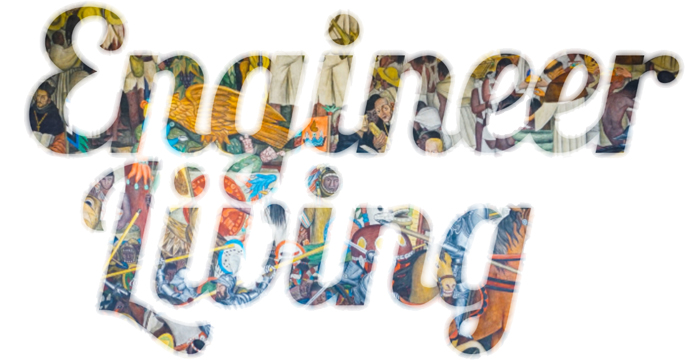My series on how to end poverty will explore what it means to be poor, what methods we currently use to end poverty, basic income, and other methods to end poverty. This is the first installation.
What It Means to be Poor in America
Our economy and most of the global economy as a whole has a major inequality problem. Wealth is concentrating in the top 1% specifically the top 0.1% as the effects of the neoliberalism policies of the past 40 years have taken hold. Cities where these rich conduct business or live are thriving while towns that they don’t value as manufacturing hubs or service centers are withering at the vine.
Academics who believe this isn’t as big an issue point out that our standard of living is significantly better than at any point in history. Our poor have LCD TVs, smartphones, internet, power, refrigerators, and any number of amenities that poor people in other countries or even middle class people from a few generations ago in this country would have dreamed about. Inequality, they say, doesn’t matter as much now because the standard of living of everyone is superb. To a certain extent they have a point.
However, what they fail to realize is that humans believe in justice and fairness. Americans have been supporters of the rich keeping their money because they believe they are just one break away from joining their ranks. And for a while statistically most Americans would indeed enjoy a few years in the top 10% at some point in their lives. However, that is becoming increasingly unlikely as the inequality worsens and opportunity becomes concentrated in highly skilled jobs and opportunities excluding the majority of Americans. The ability to ascend to the top 10% is simply no longer a possibility to a majority of Americans. This is inherently unfair and people will not stand for it.
Furthermore, citing that because the poor have access to certain amenities that other poor people don’t and thus have a good standard of living conveniently overlooks what the basics that determine the standard of living actually are. Having a bunch of trinkets that are indeed technological wonders doesn’t take away from the fact that food, shelter, medical care, and a job are the absolute basics needed to be a human being in the modern world.
Food insecurity and food deserts are major problems for the poor and even the middle class in America. Because companies and stores do not want to invest in poor areas and towns the food available to them is of a lesser quality and nutritionally deficient causing a paradoxical problem, people who are simultaneously obese and suffer from malnutrition.
The cost of home ownership or even having a decent apartment in an area where you can find decent work has been skyrocketing. The majority of the poor and middle class’s income goes to rent leaving little else for other needs.
Medical care in the United States has been an embarrassment for a long time. If you are lucky enough to be able to afford it, it only provides middling care compared to OECD averages. However, affording it has been a major problem. The United States pays almost twice as much as the next most expensive nation and about three times as much as OECD average. Nonetheless, the care is significantly inferior in primary care metrics and only reaches average or above average in a few areas notably cancer survivor rates.
Unemployment has gone down in America, but we have a large population of working poor which begs the questions are the jobs available even worth having? Even though manufacturing output is at all-time highs manufacturing employment is at all-time lows. Service jobs have taken their place as the United States switches to a service economy. The problem is service jobs don’t pay nearly as well as manufacturing jobs for a variety of reasons including weaker or non-existent unions, lower profit margins, bias towards woman and minorities and many others. Since the minimum wage hasn’t been raised in almost 10 years, the purchasing power of these low paid Americans has declined. So they work more hours with crazier schedules, in order to just survive, instead of to enjoy the lower costs good and amenities they are now able to buy. This problem isn’t just for a small subset of the population over 42% of the population works in jobs that pay less than $15 an hour and over 50% of both blacks and Latinos get paid less than $15 an hour. More people have jobs than 8 years ago, but those jobs don’t pay much and make affording the basics of life a constant struggle.
Being poor in America typically means you have job, but not enough money. It means you can eat, but the food you eat is slowly killing you. It means you pay more for everything, but get less. It means you might have smartphone, but no savings. It means you can survive, but never thrive.





